REMIT’s researcher from Maastricht University, Catherine Lo, has been invited by the UK National Committee on China (UKNCC) to contribute an op-ed on China’s role in shaping the global health agenda.
Through its guest contribution programme, the UKNCC publishes multiple perspectives on a single question, providing readers with a broad range of insights rather than promoting a single viewpoint. Catherine’s contribution explores whether China’s delivery-driven, state-centric model of global health—particularly its vaccine distribution efforts under the Health Silk Road (HSR)—helps fill the gaps left by traditional donors such as the European Union and the United States.
Abstract
The Health Silk Road (HSR) represents a significant Chinese initiative in actively shaping the global health agenda. The HSR, an integral part of the Belt and Road Initiatives (BRI), was officially unveiled during President Xi’s visit to Uzbekistan in 2016. The concept nevertheless can be traced back to the framework document “Vision and Actions on Jointly Building Silk Road Economic Belt and 21st-Century Maritime Silk Road” issued by the then China’s National Health and Family Planning Commission (NHFPC) in March 2015. Subsequent to Xi’s 2016 speech on the HSR, the Beijing Communiqué of the Belt and Road Health Cooperation was issued in 2017, calling for enhanced collaboration between China and BRI- related countries and the enrichment of bilateral and multilateral partnerships.
Full Citation
Lo, C. (2025) ‘How is China contributing to shaping the global health agenda?’, UK National Committee on China, September 2025
https://ukncc.org/wp-content/uploads/2025/10/UKNCC-Guest-Contributor-Programme-Issue-28-Global-Health-2-compressed.pdf
